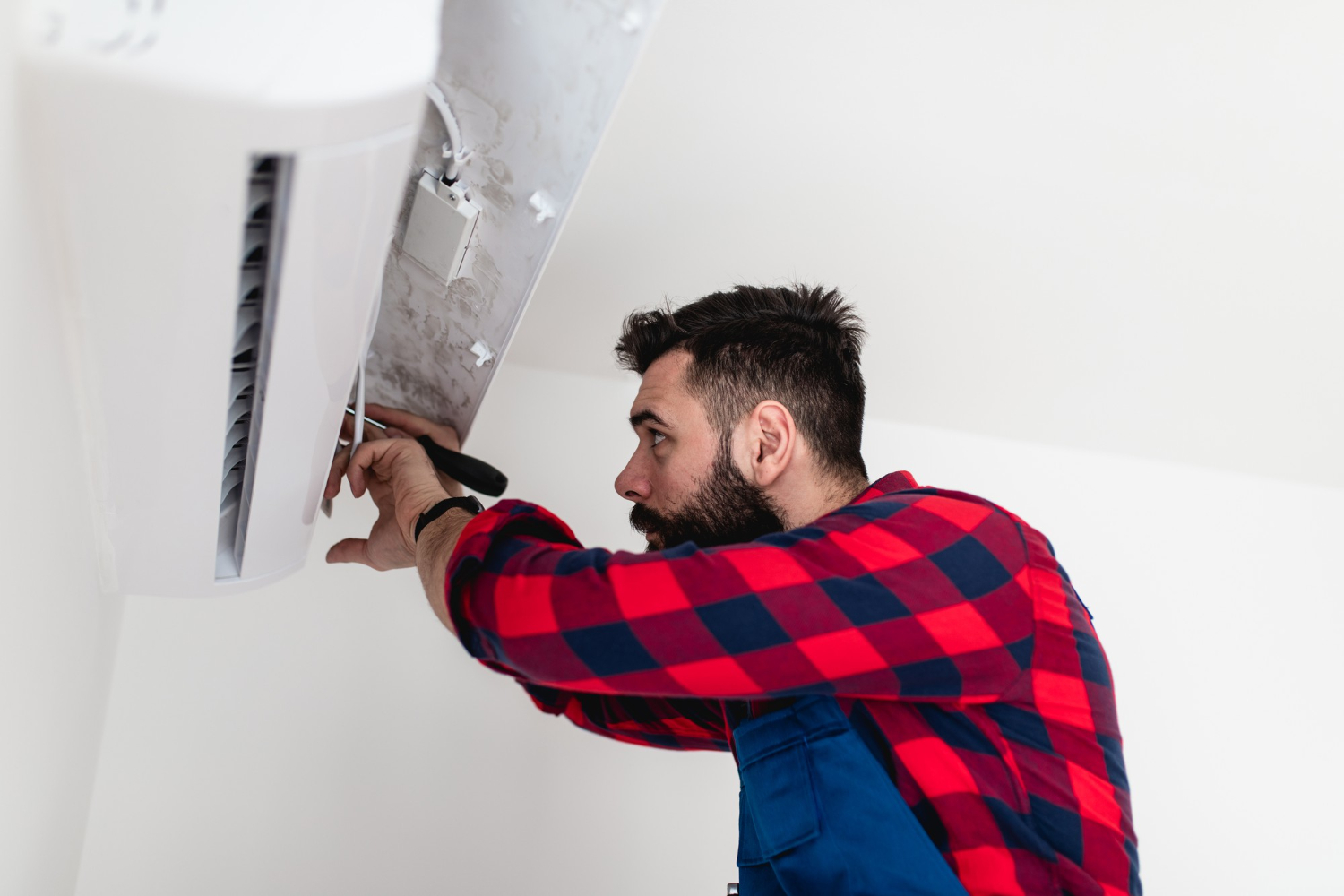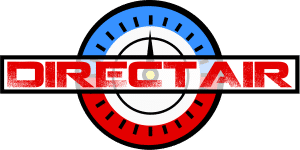
Starting January 1st, new Freon regulations will come into effect, marking a significant change in the HVAC industry. These regulations aim to reduce environmental impact by phasing out harmful refrigerants like R-410A. The transition to more eco-friendly alternatives, such as R-32 and R-454B, has gained momentum as part of broader efforts to promote sustainability and combat climate change.
Understanding these changes is crucial for both homeowners and businesses. Knowing what the transition entails and how it will affect existing HVAC systems can help you prepare for the upcoming regulations. Our professionals are here to guide you through this transition, ensuring your systems are compliant and efficient. We will delve into the new regulations, the transition process, and the implications for Oklahomans.
Understanding New Freon Regulations
The new Freon regulations starting January 1st represent a significant shift in the HVAC industry, primarily targeting the reduction of environmental impact caused by older refrigerants. These regulations focus on phasing out R-410A, which has been widely used for many years due to its effective cooling properties. However, its high Global Warming Potential (GWP) means it contributes significantly to climate change.
The regulations mandate a transition to environmentally friendly alternatives. This change aims to reduce the carbon footprint of HVAC systems, promoting a more sustainable environment. The shift also aligns with global efforts to adhere to environmental agreements and reduce greenhouse gas emissions.
Understanding these regulations is crucial for HVAC professionals and homeowners. It ensures that systems remain compliant and efficient. Non-compliant systems may face increased costs due to higher prices for phased-out refrigerants and potential fines. By adopting these new standards, the HVAC industry takes a proactive step toward environmental responsibility and sustainability.
Transition from R-410A to R-32 and R-454B
The transition from R-410A to R-32 and R-454B refrigerants is a crucial aspect of the new regulations. R-32 and R-454B are chosen because they have lower GWP than R-410A. This makes them more environmentally friendly options for HVAC systems. R-32, in particular, is known for its high efficiency and ease of adoption in traditional systems.
R-32 offers a GWP that is significantly lower than R-410A. It is also more energy-efficient, which can lead to reduced electricity consumption and lower operating costs for homeowners. Similarly, R-454B combines the benefits of low GWP and compatibility with existing HVAC technology, making it an excellent choice for new installations and retrofits.
Transitioning to these new refrigerants involves updating or replacing old HVAC units. Our professionals can guide you through this process. Installation of new systems designed for R-32 or R-454B ensures compliance with the new regulations and enhances your system’s efficiency. Making this transition not only meets regulatory requirements but also supports broader environmental goals.
Implications for Homeowners and Businesses
The new Freon regulations will have several implications for homeowners and businesses. Understanding these implications can help you better prepare for the changes. One of the main effects will be on the cost and availability of HVAC services and equipment. As R-410A gets phased out, it will become more expensive and harder to find. This can lead to higher maintenance costs for existing systems that still use R-410A.
Homeowners and businesses may need to upgrade or replace their current HVAC systems to comply with the new regulations. Upgrading to systems that use R-32 or R-454B not only ensures compliance but can also improve energy efficiency and reduce long-term operating costs. This transition may require an initial investment, but the benefits of lower energy bills and a reduced environmental impact can be significant.
Businesses, in particular, need to plan for this transition to avoid disruptions. Commercial properties that rely on large-scale HVAC systems should work with qualified professionals to ensure a smooth and compliant transition. Proper planning and timely upgrades can help mitigate the costs and operational impacts of transitioning to the new refrigerants.
How Direct Air LLC Can Assist During the Transition
We are here to help you navigate the transition to the new Freon regulations. Our professionals are well-versed in the latest HVAC technologies and refrigerants, ensuring you receive the best advice and service. We can assess your current HVAC systems and provide recommendations for upgrades or replacements that comply with the new standards.
Our team can assist with the installation of new systems that use R-32 or R-454B, ensuring your home or business meets the new regulatory requirements. We offer a range of HVAC solutions tailored to your specific needs, from small residential units to large commercial systems. Our professionals can also provide maintenance services to ensure your new or upgraded systems operate efficiently.
Additionally, we can offer guidance on how to maximize the efficiency and lifespan of your new HVAC systems. By choosing us, you can feel confident that your transition to the new refrigerants will be seamless and beneficial. Our experienced technicians will handle all aspects of the upgrade, allowing you to enjoy a more sustainable and cost-effective HVAC system.
Conclusion
The new Freon regulations starting January 1st mark an important step toward a more sustainable environment. The transition from R-410A to R-32 and R-454B refrigerants aims to reduce the environmental impact of HVAC systems and promote greater energy efficiency. Both homeowners and businesses must understand the implications of these changes and take steps to ensure compliance.
Upgrading to systems that use the new refrigerants can offer long-term benefits, including reduced operating costs and a smaller carbon footprint. Our team at Direct Air LLC is committed to helping you navigate this transition smoothly. Our professionals have the expertise to provide tailored recommendations, efficient installations, and ongoing maintenance to ensure your HVAC systems are compliant and efficient.
For expert guidance and reliable HVAC services in Yukon during this transition, contact us today. Let our team of experienced professionals assist you in choosing the right solutions for your home or business, ensuring a seamless move toward a sustainable environment.






